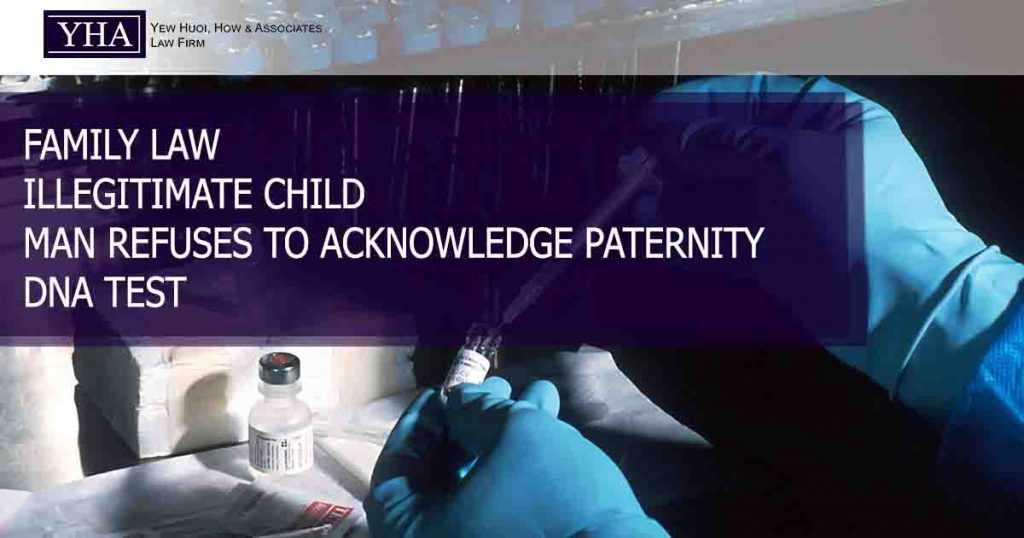Q: Mr. T and I met each other back in 2015. We were not married and were in an intimate relationship for a period of time. I became pregnant. Mr. T requested me to get an abortion but I refused to. When the child was born, I asked Mr. T to provide support for child maintenance. Mr. T refused to acknowledge the child as his son. Can I compel him to undergo a Deoxyribonucleic Acid (“DNA”) test to determine the paternity of the child?
No.
Whether a person can be compelled by the Court to undergo DNA test?
No.
- The only statute that empowers the Court to order an individual to undergo DNA test in Malaysia is the DNA Identification Act 2009. HOWEVER, the Act only applies to criminal proceedings. That also requires individual consent before DNA samples can be taken for examination.
- Presently, there is no statute nor common law that empowers the court to order an individual to undergo DNA test in a civil suit.
Article 8 of the Federal Constitution (“FC”) states thar “All persons are equal before the law and entitled to equal protection of the law”. Why the law is not protecting the right of the child?
The Article 8 of the FC does not confer the ‘right to pedigree’ such as the right of the minor to know his or her true identity and to have the possibility of contact with each natural parent.

Article 7 of the United Nations Convention on the Rights of the Child (“UNCRC”) which states that “The child shall be registered immediately after birth and shall have the right from birth to a name, the right to acquire a nationality and as far as possible, the right to know and be cared for by his or her parents” confers upon the child the right to know the identity of his or her father.
Yes, Article 7 of the UNCRC confers upon the child the right to know the identity of his or her father BUT Article 7 of the UNCRC must be read together with section 13 of the Births and Deaths Registration Act 1957 (“BDRA 1957”). Section 13 of the BDRA 1957 exempts the father from giving any information concerning the birth of the child.
Case in point: Lee Lai Cheng (suing as the next friend of Lim Chee Zheng and herself) v Lim Hooi Teik [2017] 10 MLJ 331. High Court (Georgetown) – Civil Suit no: 22-587 of 2004

